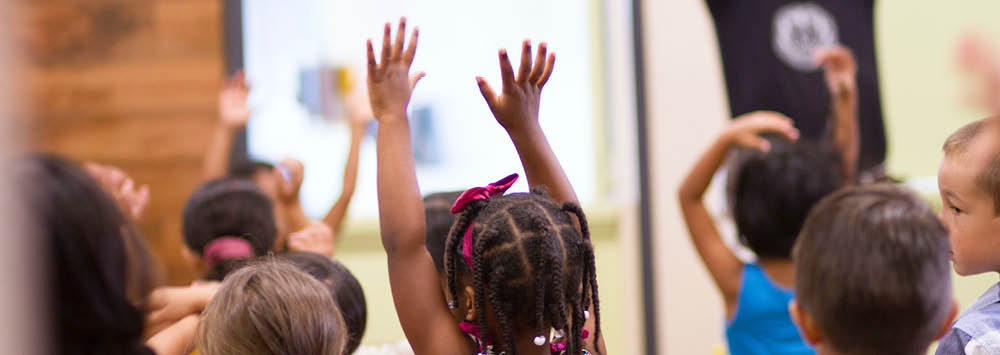Historically, a children’s perspective has not been present in the planning, formulation, and implementation of law. It is actually only relatively recently that there has been more widespread acceptance that thinking about the specific impact of legal and policy changes on children, in particular, leads to better laws, ones that are more able to respond to social challenges and meet the needs of everyone impacted by them.
Watch a short introduction
We are really keen, in the Unit, to work with experts across diverse legal fields to provide expertise on how the law impacts on children and to showcase how a children’s rights-based approach can lead to better outcomes.
For example, research from Dr Eleanor Drywood, Director of the European Children's Rights Unit, looks at children’s rights in the football industry. This is an industry which has been found – because of rapid professionalisation and commercialisation – to not have been developed with an eye on what a children’s rights perspective would mean for the organisation, the regulation, and the running of the game of football.
This has been shown through transfer regulations placing an emphasis on financial reward for clubs who train players as children, and eligibility rules which require players to have been with their club from a young age, which are in turn, incentivising ruthless competition between clubs to sign players at younger and younger ages. No one set out to promote practices which might affect a child’s education, family life, or even mental and physical well-being (the intentions around these regulations were to have the fairest transfer system possible for the game of football), but in many cases, this has been the accidental result.
We have also seen the very worst consequences of an approach to training which puts complete trust in the coach, and disempowers young people, with a series of revelations in recent years around physical, sexual, and emotional abuse of children in sport. The severity of these incidents demands a change in culture within many sporting organisations, which has to begin with listening to children and ensuring sport is regulated in a way which empowers young people.
For an area such as the world of sport – traditionally dominated by ideals around competition and a ‘winning at all costs’ mentality – incorporating a children’s rights perspective into decision-making and regulation can seem daunting. However, there is actually a rich body of work around children’s-rights based approaches to decision-making and regulation in other contexts which can usefully be applied in the sporting arena – in other words, there is no need to reinvent the wheel, just a need to engage better with children’s rights expertise.
Where this has happened, sports organisations have noticed real improvement in their capacity to respond to the needs and realise the rights of young people.
This is just one of many examples generated through the European Children's Rights Unit as we continue to develop expertise on how the law impacts on children and to showcase how a children’s rights-based approach can lead to better outcomes.
Back to: Liverpool Law School
